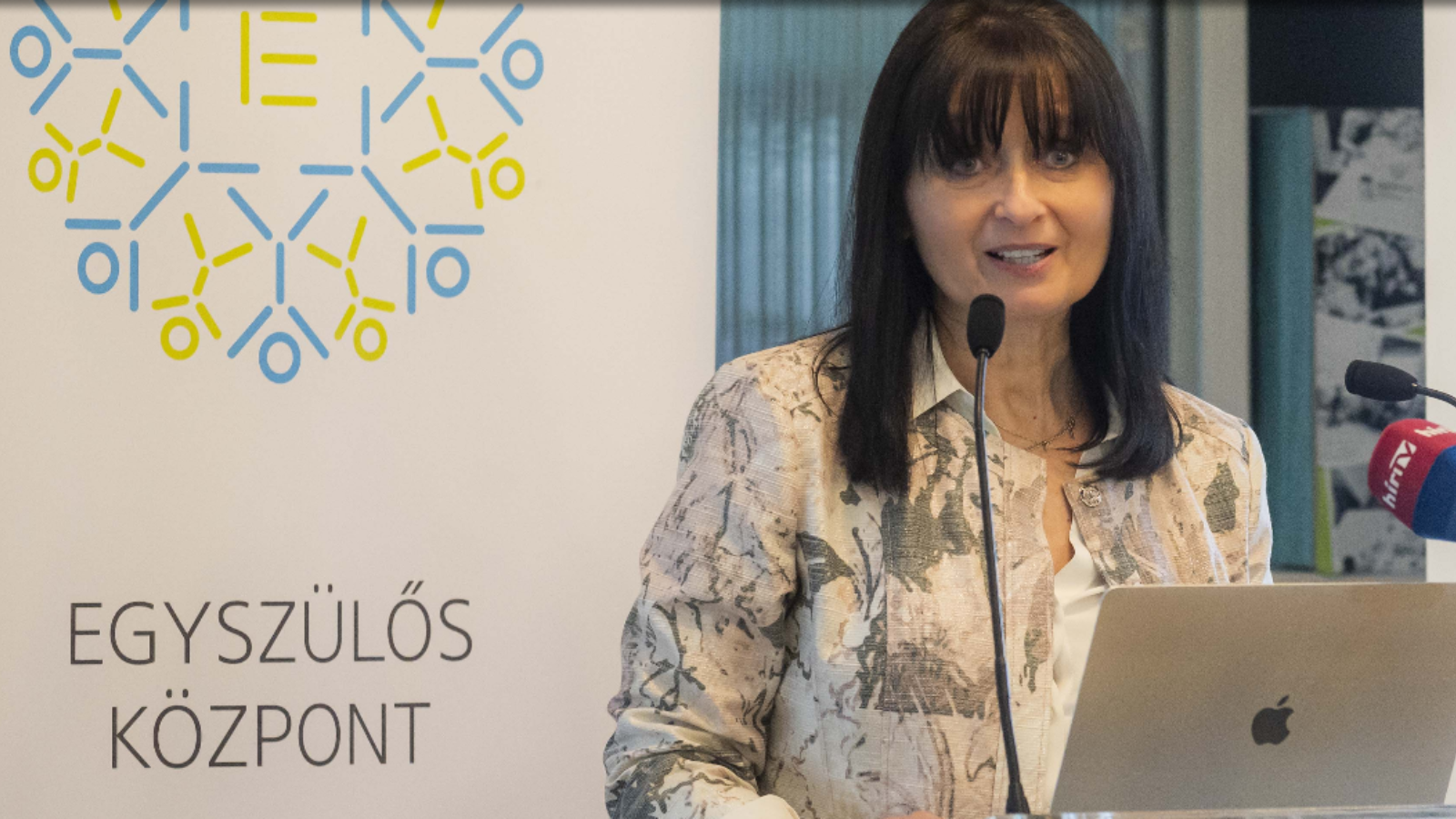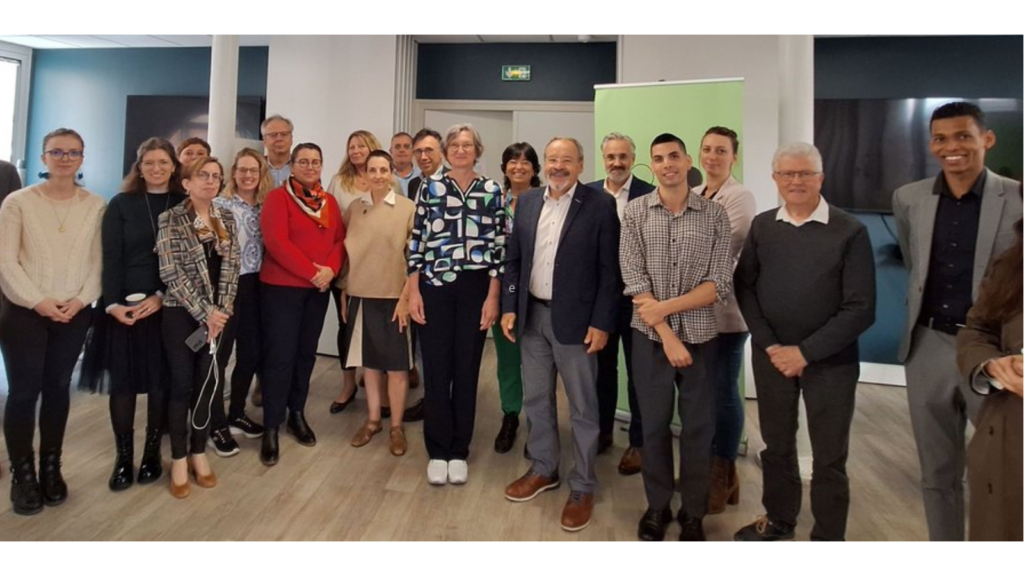COFACE member, The Single Parents’ Centre (Egyszülős Központ) and the Find Yourself Association organised a joint conference on the theme of single parent families and children with special needs. The event’s main themes were the situation of these families, issues of education and work, and the related personal stories.
The number of single parent families has increased during the past decade. According to census data, in Hungary 490,000 children live in 341,000 single parent families. In addition, there are 16,000 youths aged 25 and over in single parent families who are in need of care despite their age. Among them, 11,000 are in neither education nor work, and so are in absolute need of parental support. At least 24,000 people, regardless of age, live with a disability and with only one parent.
Single parent families have a higher proportion of children with special needs – in a difficult situation many relationships break up and a single parent must deal with tasks which were difficult even for two. The employment of people with a disabled child is much lower among single parent families than two-parent families (36% compared with 61%).
The Single Parents’ Centre and the Find Yourself Association conducted a survey entitled ‘For an Easier Way of Life of single parent families with children with special needs. The questionnaire elicited 252 responses. In almost all the families surveyed (98%) it is the mother who is raising the child alone. A quarter of parents mostly rely on grandparents to help care for their child(ren), while 20% rely on siblings. According to the survey, only one in ten absent parents provide regular support to their former partners raising a disabled child alone. It is the parents of severely disabled children who feel most strongly that their partner has left them because of the child. They have the highest proportion of children who are not in contact with their absent parent and the highest ratio of children where the single parent is not working.
The Single Parents’ Centre
Today in Hungary there are 341,000 families where one of the parents is absent. The Single Parents’ Centre in Pest opened in May 2018 with the aim of offering practical support and a community for families where one parent is absent. Over the past five years the centre has reached more than 28,000 single parent families with more than 70 types of services. In March 2022, the second Single Parents’ Centre opened in Buda, which is easily accessible for single parent families living in and nearby Buda.
The Find Yourself Association
The Find Yourself Association supports parents of children with special needs and the children themselves to improve their equal opportunities and living condition. The Association gives them the opportunity to relax and recharge, to develop themselves and to enter the labour market. The aim is to find a balance between their family life and their own personal life.
Read more here.




